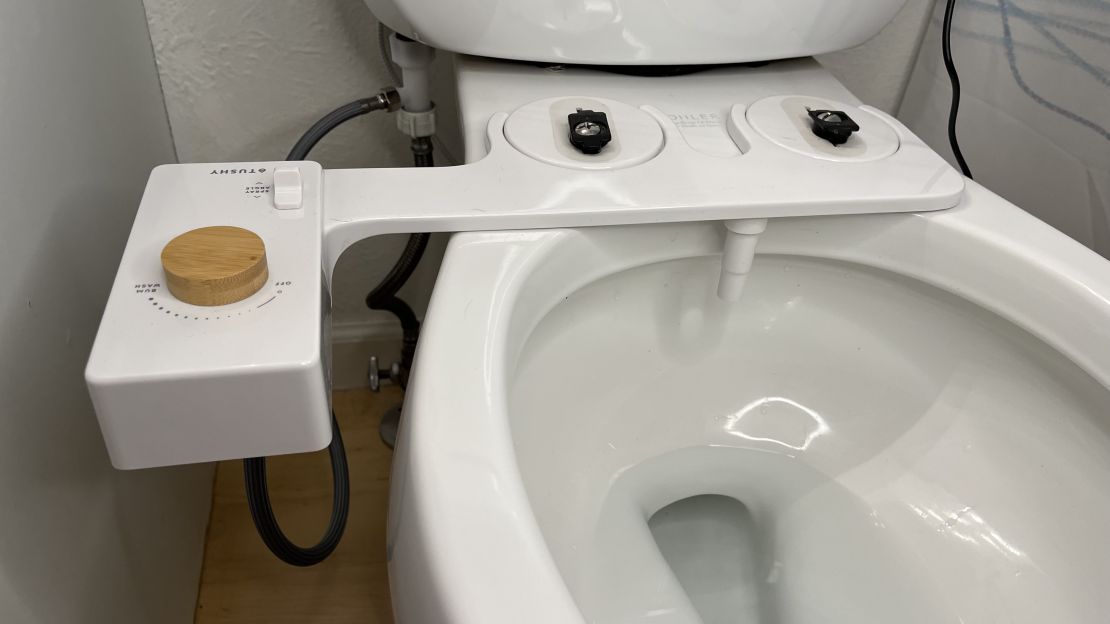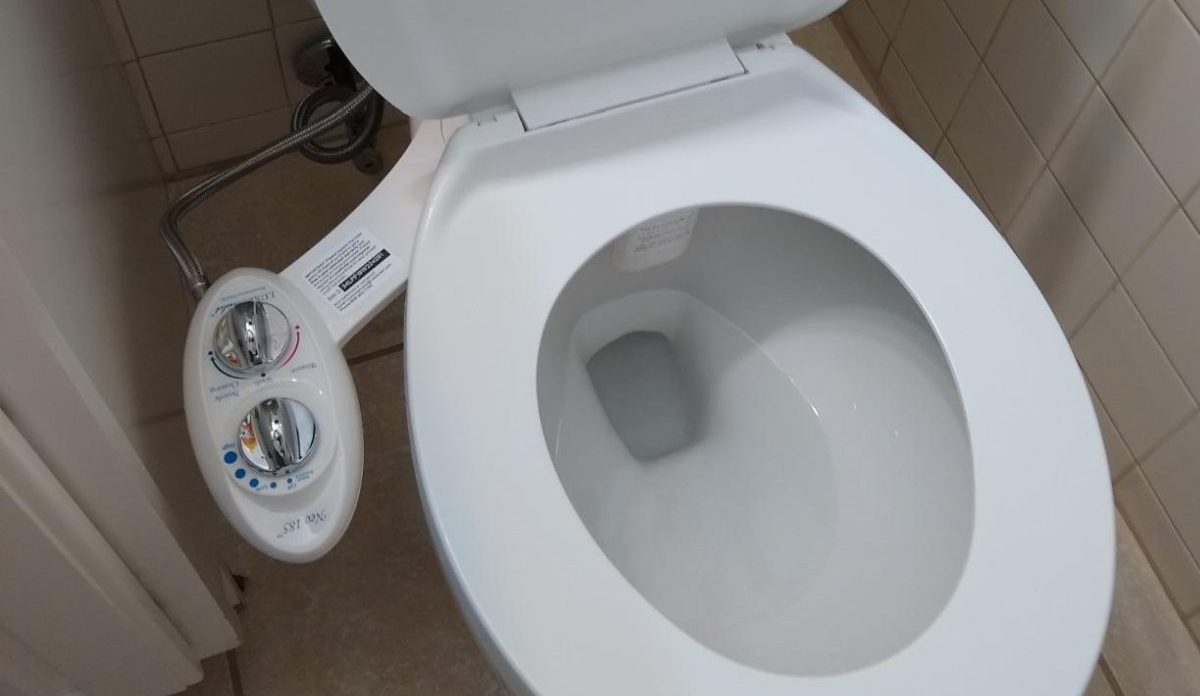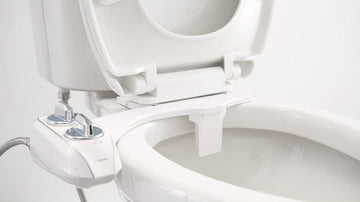In today's world, adopting sustainable bathroom habits is more than just a trend; it's an essential step towards preserving our planet's valuable resources. Industry QA professionals, who are committed to ensuring quality and efficiency, can play a pivotal role in promoting eco-friendly practices within their own domains. By integrating sustainable habits into our daily routines, we not only contribute to environmental conservation but also enhance our own well-being.

The Importance of Sustainable Bathroom Habits
The bathroom is a space where we often consume significant resources, from water to electricity and even personal care products. Implementing sustainable bathroom habits can lead to a substantial reduction in our environmental footprint. As industry QA professionals, understanding and promoting these practices not only aligns with corporate social responsibility goals but also sets a standard for others to follow.
Water Conservation: Every Drop Counts
Water is a precious resource, and the bathroom is one of the main areas where it is often wasted. Simple changes, such as fixing leaks, installing low-flow showerheads, and using dual-flush toilets, can significantly reduce water usage. According to the Environmental Protection Agency, these measures can save up to 13,000 gallons of water per year for an average family. By promoting these practices, industry QA can lead by example, showcasing the impact of small changes in water conservation.
Eco-Friendly Products: A Greener Choice
Choosing eco-friendly personal care and cleaning products can drastically reduce the number of harmful chemicals released into our waterways. Look for products with natural ingredients and biodegradable packaging. Industry QA professionals can advocate for these products in their own workplaces, encouraging a shift towards more sustainable options in both personal and professional settings.
Energy Efficiency: Lighten Your Load
Energy-efficient lighting and ventilation systems can greatly reduce electricity consumption. Consider replacing incandescent bulbs with LED lights, which last longer and use significantly less energy. Additionally, promoting the use of energy-efficient appliances can lead to cost savings and reduced carbon emissions, aligning with the goals of sustainable bathroom habits.
Innovative Solutions for a Sustainable Bathroom
Embracing innovation is key to achieving sustainability in the bathroom. As industry QA professionals, staying informed about the latest technologies and solutions can inspire further advancements in eco-friendly practices.
Bidets: A Cleaner, Greener Alternative
Bidets offer a sustainable alternative to toilet paper, significantly reducing paper waste. By using water for cleansing, bidets provide a more hygienic solution while conserving resources. To learn more about the environmental impact and benefits of bidets, visit this resource.
Smart Showers and Faucets
Smart technology has made its way into the bathroom, offering solutions like programmable showers and faucets that can reduce water waste. These devices allow users to monitor and control water usage, promoting efficiency without compromising comfort.
Recycled and Reclaimed Materials
Incorporating recycled and reclaimed materials in bathroom fixtures and decor not only reduces environmental impact but also adds a unique aesthetic. Industry QA professionals can encourage the use of sustainable materials in their projects, setting a precedent for eco-friendly design.
Overcoming Challenges in Sustainable Bathroom Practices
Transitioning to sustainable bathroom habits may present challenges, but with the right approach, these can be overcome. Industry QA professionals are well-equipped to address these obstacles through careful planning and strategic implementation.
Cost Considerations
While some sustainable solutions may involve upfront costs, the long-term savings in water, energy, and maintenance can outweigh these initial expenses. Industry QA can advocate for sustainable investments, emphasizing their value over time.
Behavioral Change
Encouraging behavioral change among individuals can be challenging. However, by promoting awareness and education on the benefits of sustainable bathroom habits, industry QA professionals can foster a culture of sustainability within their organizations.
Conclusion
Adopting sustainable bathroom habits is a crucial step towards reducing our environmental footprint and promoting a healthier planet. Industry QA professionals have a unique opportunity to lead this change, setting an example for others to follow. By making small adjustments in our daily routines and embracing innovative solutions, we can create a more sustainable future for generations to come.

FAQ
What are some simple sustainable bathroom habits?
Simple habits include fixing leaks, using low-flow fixtures, choosing eco-friendly products, and reducing energy consumption with efficient lighting.
How can bidets contribute to sustainability?
Bidets reduce the need for toilet paper, conserving resources and reducing waste. They offer a cleaner and more sustainable alternative to traditional methods.
Are there cost-effective ways to implement sustainable practices?
Yes, many sustainable solutions, such as installing low-flow fixtures and using LED lighting, offer long-term savings that can offset initial costs.
This article contains affiliate links. We may earn a commission at no extra cost to you.






